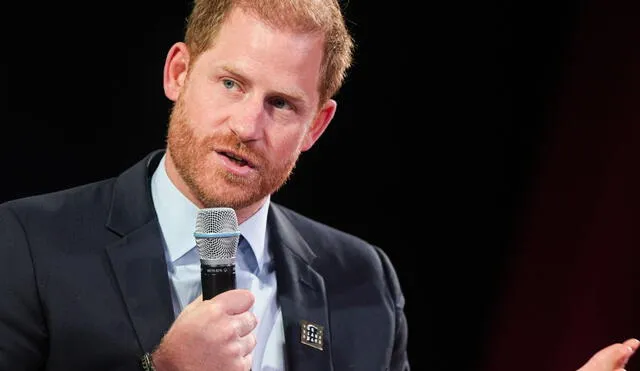Prince Harry's U.S. Visa under scrutiny amid admissions of past drug use and legal challenges
Prince Harry faces renewed scrutiny over his U.S. immigration status following admissions of past drug use, leading to legal challenges and public debate about potential preferential treatment during his visa application process.

Prince Harry's immigration status in the United States has come under renewed scrutiny following his candid admissions of past drug use in his memory, "Spare." These revelations have prompted legal challenges questioning the legitimacy of his visa application and whether he received preferential treatment during the process. The situation has been further complicated by the political climate, with President Donald Trump expressing critical views of both Prince Harry and his wife, Meghan Markle.
In his memory, Prince Harry disclosed experimenting with substances such as cocaine, marijuana, and psychedelic mushrooms during his youth. These admissions have led the conservative think tank, The Heritage Foundation, to file a lawsuit against the U.S. Department of Homeland Security, seeking the release of his visa records to determine if he was forthcoming about his drug history. The foundation argues that there is significant public interest in understanding whether Prince Harry received special treatment during his immigration process.

Prince Harry and his wife, the famous actress Meghan Markle. Photo: StarMag.

ALSO SEE: ICE operation targets over 100 members of Venezuelan Tren de Aragua gang in Colorado Raids
Main challenges and public interest
The Heritage Foundation's lawsuit emphasizes the importance of transparency in immigration procedures, especially concerning high-profile individuals. They contend that if Prince Harry was not truthful on his visa application, it could set a concerning precedent for the integrity of the U.S. immigration system. The case has seen developments in federal court, with discussions about the potential release of Prince Harry's visa records.
The situation has garnered attention from political figures, notably President Donald Trump. In a recent interview, Trump stated that he has no intention of deporting Prince Harry, remarking that the prince "has enough problems with his wife," Meghan Markle, whom he described as "terrible." This comment highlights the ongoing tension between the former president and the Sussexes, stemming from past criticisms and political disagreements.

Prince Harry's drug use cited in push to release visa records by conservative US group. Photo: WRIC.
Potential outcomes and future considerations
As the legal proceedings continue, the potential outcomes remain uncertain. If it's determined that Prince Harry was not forthcoming about his past drug use on his visa application, he could face legal consequences, including the possibility of deportation. However, such actions would be unprecedented for a member of the British royal family residing in the U.S. The case underscores the complexities at the intersection of immigration law, public interest, and high-profile personalities.
With Trump back in the White House, The Heritage Foundation sees an opportunity to push for more transparency regarding Harry's visa application. "We have a new US administration in place that is focused on the enforcement of immigration law, so we are urging full transparency," Nile Gardiner told The Telegraph.
"Anyone who applies to the United States has to be truthful on their application, and it's not clear that is the case with Prince Harry. He has openly admitted to widespread and extensive drug use. What he put on his application should match exactly what he put in the book. No one should receive preferential treatment. No one is above the law,” Gardiner stated.












